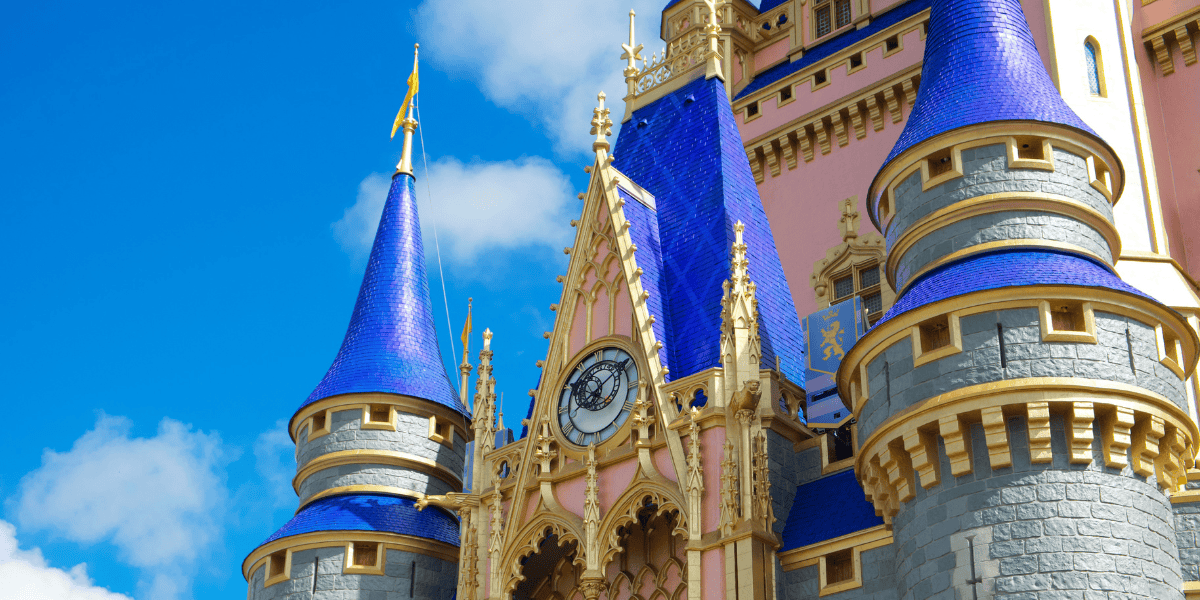When people think about Disney World, they usually picture castles, fireworks, and churros—not cameras quietly capturing their faces at the entrance. Yet whispers around the parks suggest that a new kind of technology could soon become part of the guest experience.
Facial scanning, already being tested and used at other theme parks, is the latest innovation Disney might be eyeing. The idea is exciting for some, unsettling for others, and impossible to ignore.

Disney’s Long Love Affair With Technology
Disney has never been shy about pushing boundaries. From the earliest animatronics in the Enchanted Tiki Room to the cutting-edge figures inside Frozen Ever After at EPCOT, the company thrives on blending technology with storytelling. Just look at Mickey & Minnie’s Runaway Railway: the trackless ride system makes guests feel like they’ve stepped directly into a cartoon, with vehicles dancing and spinning in perfect sync.
These breakthroughs prove that Disney is always looking for ways to enhance immersion. Technology isn’t just behind the scenes—it’s part of the magic. But as tech continues to evolve, the focus shifts from show-stopping illusions to more personal interactions with guests.

The Privacy Question
That’s where facial scanning comes in and sparks heated debate. Unlike animatronics or ride systems, this technology isn’t about wowing guests but tracking them. Disney has dabbled with testing the system at entrances before, but fans are wondering if it’s about to roll out in a larger way.
For comparison, Universal Orlando Resort already relies on facial scanning. Guests who buy an Express Pass often notice cameras installed at attraction entrances, linking their faces to their passes.
Facial recognition is also used to replace tickets at the entrance gate. Some lockers have even implemented a system where guests must scan their faces to store and retrieve their belongings. It works somewhat efficiently, but the trade-off is straightforward: every guest’s face becomes part of a digital system.
The Pros and Cons
The benefits could be significant if Disney decides to embrace facial scanning fully. No more fumbling for tickets or MagicBands at the gate—your face becomes your entry pass. Lines might move faster, security could be tighter, and misplaced tickets would be a thing of the past. Families juggling strollers, bags, and snack cups might actually welcome the convenience.
But there’s another side to it. Critics worry about how Disney would store, secure, and use the data. Would it be deleted after a day, or kept long-term? Could it be tied to spending habits in the parks?
The “magic” starts to feel less enchanting when guests imagine their every move being tracked by unseen eyes. Even though Disney insists guest privacy is a top priority, fans remain uneasy about giving up such personal information just to ride Space Mountain.

What’s Next?
For now, Disney hasn’t officially confirmed a full rollout of facial scanning, but the conversation is heating up. Some guests are intrigued by the possibility of a smoother park experience, while others believe it would be a step too far. Universal has already shown that the system can be implemented—but whether Disney follows suit remains to be seen.
One thing is certain: Disney World has always been at the intersection of fantasy and technology. Whether facial scanning becomes the next big step or just another test that fades away, the debate over convenience versus privacy won’t go away anytime soon.
